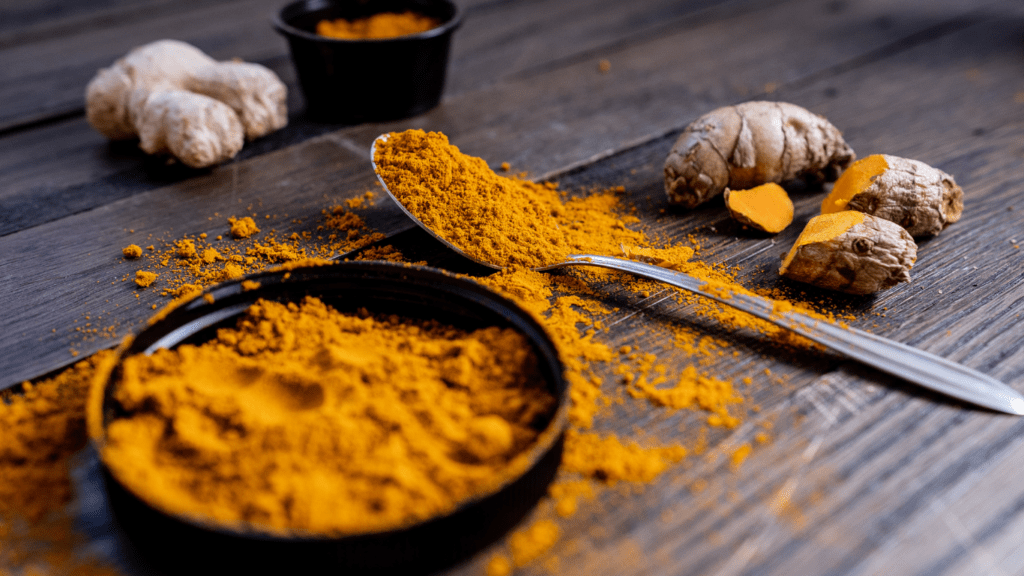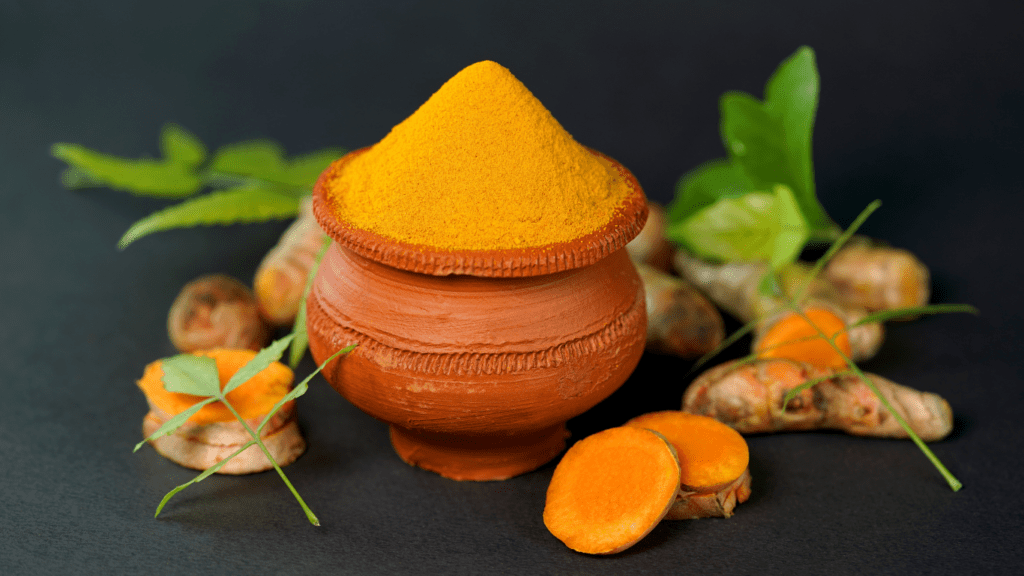As someone deeply invested in exploring ways to optimize cognitive function and overall well-being, I’ve delved into the realm of emerging supplements for brain health. In today’s fast-paced world, the demand for mental clarity and focus is higher than ever, leading to a surge in interest in natural ways to support brain function. With advancements in research and technology, new supplements are continuously being introduced to enhance memory, concentration, and overall brain health.
In my journey to uncover the latest trends in cognitive enhancement, I’ve come across promising supplements that claim to boost brain performance and support long-term brain health. From adaptogens like Rhodiola Rosea to nootropics such as Bacopa Monnieri, the market is brimming with options designed to nourish the brain and promote mental acuity. Join me as we explore the exciting world of emerging supplements for brain health and unlock the potential of our most vital organ.
Overview of Emerging Supplements for Brain Health
In delving deeper into the realm of emerging supplements for brain health, I uncover promising options that cater to the increasing demand for cognitive enhancement and mental well-being in today’s fast-paced environment. The landscape of natural supplements, including adaptogens and nootropics, continues to expand, offering potential benefits for memory retention, focus, and overall brain function. Join me on this journey to explore the evolving world of supplements geared towards optimizing brain health and cognitive performance.
Commonly Used Traditional Supplements
When it comes to enhancing brain health, traditional supplements have been widely utilized for their potential benefits. These supplements, rooted in ancient practices, offer various advantages for cognitive function. However, it’s essential to be mindful of their limitations as well.
- Ginkgo Biloba: One of the most well-known traditional supplements, ginkgo biloba, is believed to improve blood circulation to the brain, potentially enhancing memory and cognitive function. While some studies suggest its effectiveness, results are mixed, and it may interact with certain medications.
- Fish Oil: Rich in omega-3 fatty acids, fish oil is commonly used to support brain health by reducing inflammation and promoting nerve cell function. Its benefits may include improved focus and mood. On the downside, high doses can lead to blood thinning, so it’s crucial to consult a healthcare provider before supplementation.
- Turmeric: Known for its anti-inflammatory properties, turmeric is thought to offer neuroprotective effects that could benefit brain health. Curcumin, the active compound in turmeric, has shown potential in supporting memory and overall cognitive function. Nevertheless, its absorption can be limited, requiring combination with black pepper for enhanced bioavailability.
- Bacopa Monnieri: This herb has been used in traditional medicine to boost memory and cognition. Bacopa monnieri is believed to enhance neurotransmitter function and protect the brain from oxidative stress. Despite its potential benefits, it may cause digestive issues in some individuals.
- Rhodiola Rosea: Known as an adaptogen, rhodiola rosea is praised for its ability to combat stress and fatigue, potentially benefiting cognitive performance. It may improve mental clarity and alertness. However, it’s important to note that excessive consumption can lead to side effects like dizziness and insomnia.
- Lion’s Mane Mushroom: With its neuroprotective and nerve-growth stimulating properties, lion’s mane mushroom is gaining popularity for its potential cognitive benefits. It may support nerve regeneration and memory enhancement. Yet, individuals with mushroom allergies should exercise caution when considering its supplementation.
These traditional supplements offer a range of benefits for brain health, from memory enhancement to neuroprotection. While they can be valuable additions to a cognitive wellness routine, it’s crucial to understand their potential limitations and consult with a healthcare professional before incorporating them into your regimen.
Promising Newcomers in the Supplement Market
Research Findings and Effects
Research into brain health supplements has led to the discovery of some promising newcomers in the market. These newcomers have shown potential in enhancing cognitive function and promoting mental well-being.
Memory Enhancement
New supplements like Huperzine A and PQQ have been linked to improved memory function. These compounds have shown promising results in enhancing memory recall and retention, offering potential benefits for individuals looking to boost their cognitive performance.
Neuroprotection and Antioxidant Support
Compounds such as Resveratrol and Alpha-GPC have demonstrated neuroprotective properties and antioxidant support for the brain. They may help protect against oxidative stress and promote overall brain health by safeguarding nerve cells and supporting cognitive function.
Focus and Concentration
Emerging supplements like L-Theanine and Phosphatidylserine have been associated with improved focus and concentration. These components may aid in increasing attention span and mental clarity, providing support for tasks requiring heightened cognitive abilities.
Mood Regulation
Supplements such as 5-HTP and St. John’s Wort are being researched for their potential in regulating mood and promoting emotional well-being. These newcomers show promise in addressing mood-related issues and enhancing mental health by influencing neurotransmitter levels associated with mood regulation.
Continued research and studies are underway to further explore the effects and benefits of these promising newcomers in the brain health supplement market.
Guidelines for Choosing Brain Health Supplements
When selecting brain health supplements, it’s essential to consider several key guidelines to ensure you’re making informed choices for your cognitive well-being. Here are some tips to help you navigate the options available and make the best decisions for your brain health:
- Research Ingredient Effectiveness: Before purchasing any brain health supplement, I always recommend researching the effectiveness of its ingredients. Look for scientific studies and reputable sources that support the cognitive benefits of the key components in the supplement.
- Check for Quality and Purity: It’s crucial to prioritize quality and purity when choosing brain health supplements. Opt for products that are tested by third-party organizations for potency, quality, and purity to ensure you’re getting a safe and effective product.
- Consult with Healthcare Providers: Before incorporating any new supplement into your routine, it’s advisable to consult with your healthcare provider or a qualified professional. They can provide personalized recommendations based on your health history and potential interactions with any medications you’re currently taking.
- Consider Your Specific Needs: Consider your specific cognitive needs when selecting brain health supplements. Whether you’re looking to enhance memory, improve focus, or boost mood, choose supplements that target your particular areas of concern.
- Start with Low Dosages: When trying a new brain health supplement, start with a low dosage to assess how your body reacts to it. Gradually increase the dosage as needed while monitoring any changes in your cognitive function or overall well-being.
- Give It Time: It’s essential to be patient when starting a new brain health supplement. Remember that results may not be immediate, and it may take time for the effects to become noticeable. Give the supplement sufficient time to work before evaluating its effectiveness.
By following these guidelines, you can make informed choices when selecting brain health supplements that align with your cognitive needs and contribute to your overall mental well-being.

Patricko Campbellano
About the author:
Patricko Campbellano is a dedicated author at My Nutritional Balance Guide, where he combines his expertise in health and nutrition with a passion for educating others Learn more




